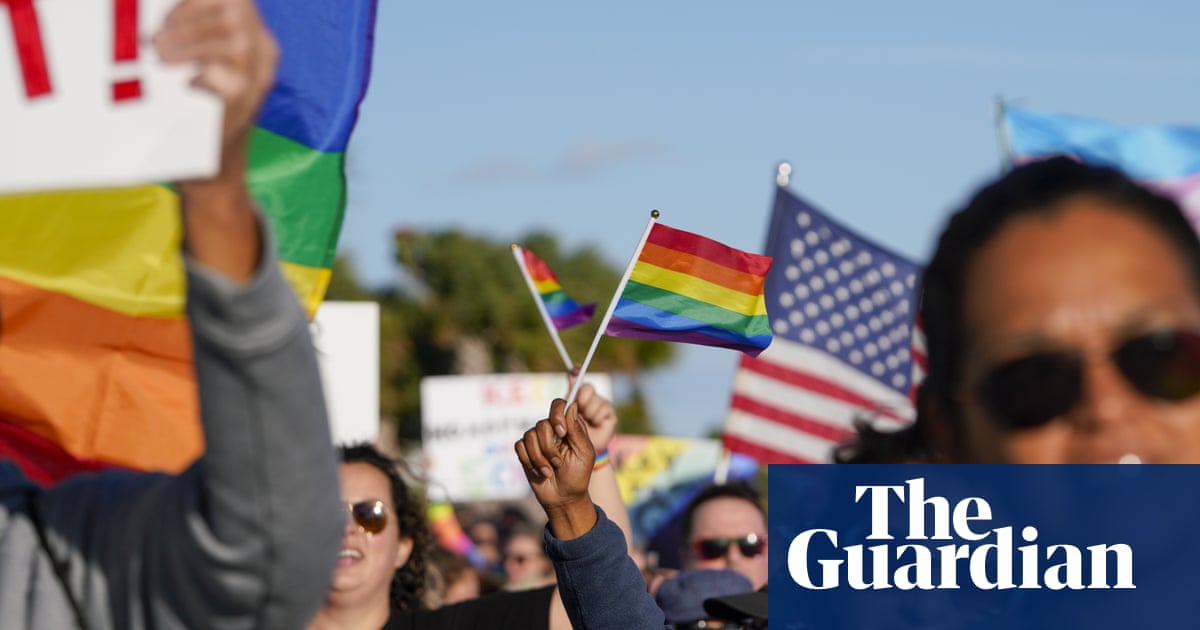- cross-posted to:
- world@lemmy.world
- cross-posted to:
- world@lemmy.world
Another reason not to visit
Dont worry, itll sink/flood soon.
But… then we have the great diaspora of Florida Mans, and their insano politics.
Bleck.
Free speech party
Solving racism by making calling someone a racist illegal. Galaxy-brain move, Florida.
I can’t wait for some Trump-appointed Federalist Society judge to dismiss every challenge based on arbitrary standing rulings. Remember, Conservatives can have standing even for fictional damages, but anyone else does not have standing because reasons.
So, to recap, for the cons, being a racist is just fine. Being called a racist is one of the worst things that can happen to the perpetually victimized con base.
SB 1780 would make it defamation to accuse someone of homophobia, transphobia, racism or sexism
So basically it would be a crime to accurately describe the government. That’s not Orwellian and reminiscent of certain European governments of the 1920s, 30s and 40s, no sirree!
Even if it’s true!
Especially if it’s true. That’s the cases they had in mind when they drafted it.
This is the best summary I could come up with:
Though SB 1780 is not likely to survive past higher courts, its introduction is indicative of a wider conservative strategy to stifle criticism of racist, sexist and homophobic behavior.
Simon and Austin both argue that by crafting bills that specifically target LGBTQ+ people, DEI efforts and free speech, conservative legislators are trying to push those who do not fit the mold of what they believe Florida should look like out of the state.
The passage of SB 1780 would have sweeping implications for free speech, as the bill’s restrictions apply to everything from print and television to online social media posts.
If enough people were charged under the bill, Simon said, it would likely intimidate others from coming forward about discrimination, effectively silencing victims of hate crimes or other forms of bigotry.
Journalists who report on discrimination would be particularly vulnerable to lawsuits, as the bill stipulates that “a statement by an anonymous source is presumptively false for purposes of a defamation action”.
A similar, more sweeping bill, HB 991, explicitly made it easier to sue journalists and passed the civil justice subcommittee last year.
The original article contains 768 words, the summary contains 185 words. Saved 76%. I’m a bot and I’m open source!
The party of “freedom”, everyone!





